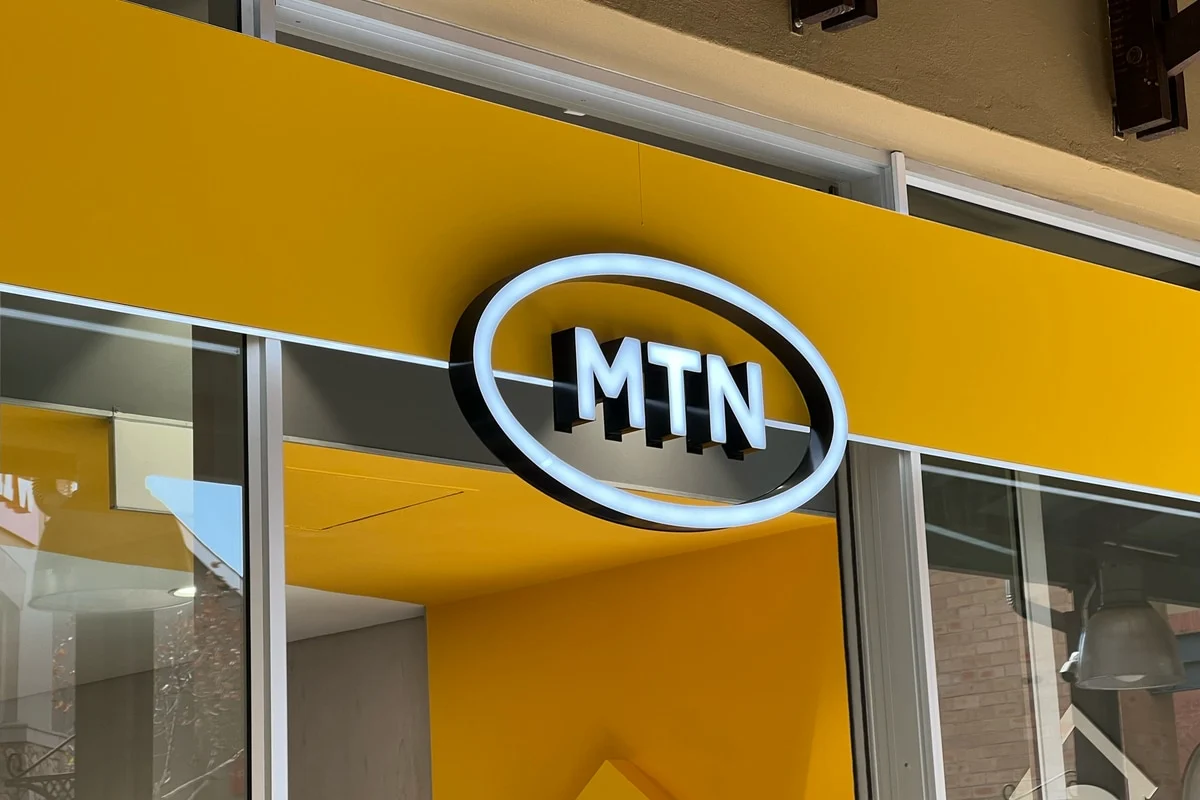Think you can’t compete with Konga and Jumia?
Think again.
The total number of startups in the Nigerian ecommerce scene are more than 100 (I got tired of counting when I got to 100). It’s a jungle out there. But I bet with you more and more are still coming. Competing with Konga and Jumia is really, really possible. But you gotta play your cards right.
I’m not saying you can topple the Nigerian ecommerce titans from their thrones, but you can certainly rank for keywords, sell awesome stuff, not get absolutely destroyed by them and make some “moolah” on the way.
I want to tell you how to do that in six kinda-sorta-easy steps.
First, let’s talk about what you can’t do and can’t have
- You can’t have the kind of financial muscle of Rocket Internet behind you.
Konga and Jumia have gotten some pretty “badass” financial backing from the likes of Kinnevik, Naspers and Rocket Internet respectively. At the beginning, you won’t have their kind of money and expertise. However, Rocket Internet might end up courting you if you become a major player.
- You can’t have Sim Shagaya.
Don’t quote me on this. I believe our beloved Sim already has his plate full.
- You can’t have the same kind of inventory as Konga or Jumia.
Now that we have seen a bit of the things we can’t have and can’t do. Let us have a look at the things we can do and add to your arsenal.
Look For A Narrow Niche To Do Battle
Look for a narrow niche to carve for yourself and do battle. The biggest strength of Konga and Jumia is also their biggest weakness.
They sell everything. There is no way one can be good at everything. This is also their biggest flaw.
Look for a vertical (computer, electronics, fashion, consumables etc) to fill and fill well. It’s extremely important to narrow your ecommerce niche and dominate it.
How do you dominate it? Through content marketing, of course. Konga and Jumia don’t do much of content marketing. Jumia and Konga tend to spend a lot of money on PPC. They do affiliate marketing, SEO, conversion optimisation (sort of), product releases and a lot of other things.
But they are not good at content marketing at all. They don’t even do email marketing that great! This leaves you with a huge opportunity to go into your niche, content market the heck out of it, and start to rank for all kinds of awesome keywords.
Get Personal With Customer Service
I mean no disrespect to Konga and Jumia, but they can’t do customer service the way you can. They are just too big. An average human being wants to relate with another human – not answering machines (God knows I hate those things). Put real people on your customer care lines.
One of the best ways to compete with Konga and Jumia is to provide something that they can’t. They can’t provide personalized, one-on-one service to human beings like you can.
A few days ago, I got a call from a lady from Vconnect Deals to let me know that the stuff I bought would be delivered to me that day. That act blew my mind. The best you would get from Konga, Jumia or Dealdey is an sms notification.
The main idea behind customer service is for you have personal interaction with and relationships with your customers. Don’t complicate customer service. All you need to do is provide personal care, and be nice about it. There is consensus around the fact that customer retention via customer service and relationships has a better ROI and cost-effectiveness than other methods of marketing.
Superoffice.com dug into the reasons that customers leave a company, and settled on these reasons: if your customer knows you care, then you can hang on to 68% of your customers. They’ll come back over and over again.
Make Your Fans Fanatical About You
This point is linked to the point above. The warm-hug experience of great customer service leads to building a fanatical fan base. Building a jumping, screaming, raving, fanatical fan base is not easy, but it is possible. The strategy is to stay small, at least as it pertains to customer interaction. Everything you do as a brand — from social media outreach to content marketing efforts — must have this personal and close-connected feel to it. It’s about cohesion, connection, and knock-out service.
Orijin is inarguably the fastest selling alcoholic beverage in Nigeria. Inasmuch as Orijin is a great product, their greatest asset is their fanatical fan. Their fanbase is their goldmine. I heard about Orijin from friends before seeing any of their adverts. The fans of Orijin love their drink and they are fanatical about it. I know a friend who had Orijin shipped from Nigeria to Ghana just for personal consumption and to let his Ghanaian pals have a taste of the good stuff. Ask Victor Osaretin Asemota. He knows what I am talking about (In my Igbo accent).
Master the Art (And Science) Growth Hacking and User Acquisition
The ultimate aim of growth hacking is make your users the ones getting more users for you. Thereby driving down your user acquisition cost and thus creating a network effect.
Konga and Jumia still suck at this.
You need to think about ways to get your users refer and bring more people to you without you having to spend more on user acquisition. You’ll need to figure how to do this both online and offline.
My greatest growth hack of all times is that of Dropbox. When Dropbox was in its earliest days, for example, it offered upgraded storage amounts to each referral party pending their sign up with the service. Once both users signed up for Dropbox, they received an extra 500MB of storage, free of charge. Just by offering this, Dropbox’s user base went from 100,000 to over 4 million in just 15 months.
This method cost Dropbox merely 1 GB of disk space, much less than what they would have spent if they would have tried Google AdSense or any such similar advertisements.
Another great online hack is that of living social “Get the Deal Free” offer that paid users to share deals with their friends.
An offline strategy that I loved so much is that of Moo.com. When Moo ships products to their customers, they always include two set of discount codes. One for the customer to use for his/her next purchase and the other for the customer to give to a friend.
Before you start spending loads of money on Google and Facebooks ads, look for ways of integrating cheap refer-a-friend programs and incentives into your into your ecommerce platform.
Master Art Of Email Marketing And Consumer Life Cycle Management
Email marketing is much more than blasting out product update emails, promo emails and notification emails. It is more about having a great copy, strong call to actions, effective design and layout of contents, proper user segmentation e.t.c.
The integration of consumer life cycle management with email marketing is the single most important best use of email marketing.
This ensures that every email is personalized using every scrap of information you have about their users: on-site behaviour, past purchases, amount spent, location, age, gender, etc.
Konga and Jumia & co are yet to figure out email marketing. I don’t think they even bother with life cycle management integration yet.
When it comes to effective use of email marketing, Amazon.com is the company to look to for inspiration. From welcome emails to product review emails, every email you get from Amazon is carefully crafted for you in order to get your maximum engagement.
Integrate consumer life cycle management with your email marketing. Look for ways to creatively use marketing.
They guys from Vero put together a great blog post on how Amazon dominates ecommerce with email marketing. I suggest you read it. You’ll learn a lot and get inspirations from it.
Solve The Problem Of Shipping And Logistics
The bane of Nigerian ecommerce scene are still issues that have to do with logistics and delivery. Not even the Nigerian ecommerce titans have been able to effectively solve the problem.
You don’t have to offer free shipping or some other extraordinary same-day service, but you can create a shipping service that exceeds expectations and provides satisfaction.
Take Zappos, for instance. They didn’t make a big deal about their killer shipping policy, but when it happened, customers were floored. And hooked. Zappos scored by delivering the customer’s packages before they anticipated them, successfully delivering, well, happiness, as CEO Tony Hsieh explained in his book.
If you are able to make deliveries to your shoppers the same day they made their purchase, do it.
Do something drastic with delivery and shoppers will love you for it.
Conclusion
Competing with and beating Konga and Jumia is something that most e-commerce start-ups joke about. “Compete with Konga? Yeah, hahaha!”
Believe it or not, one can outdo them at their own game. Konga and Jumia are yet to figure out how to do most things effectively.
Jumia and Konga tend to spend a lot of money on PPC . They do affiliate marketing, SEO, conversion optimization (sort of), product releases and a lot of other things. However, they still suck at personal customer service, content marketing as well as email marketing — to name a few. Therein lies the opportunities.
You can succeed, not just based on your product, but on the way you market that product.
May the forces be with you.
Idowu Akinrelere is a Digital Marketing Expert and Growth Hacker. He is the Co-founder of mailcliq.com which is Nigeria’s first email newsletter platform. Follow him on twitter.





















